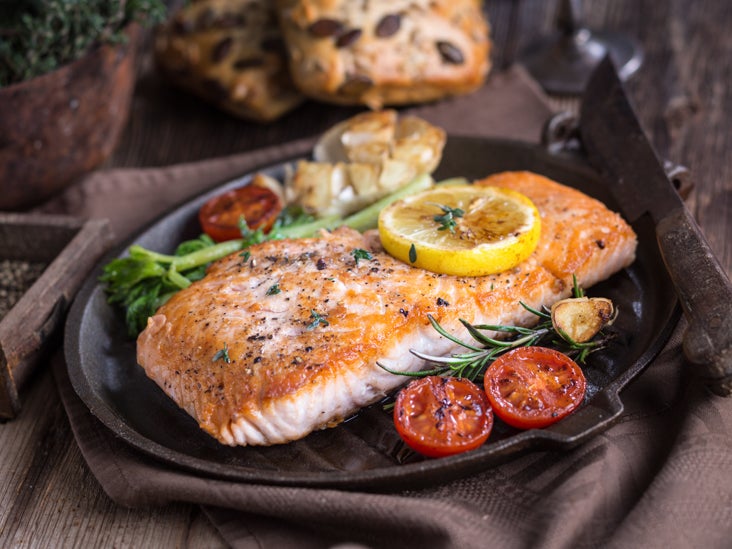Losing weight is extremely difficult, and the journey to get there can be even more challenging, especially if you want to get rid of all of your extra fat. The issue is that we are too preoccupied with our daily routine, which includes waking up, going to work or school, returning home, making dinner, and cleaning up.
There is no doubt that you have to do exercise to lose weight and burn more fat. Just 15 minutes each day of exercise can help you lose weight. However, the problem for many is that exercising regularly is tough to fit into a busy schedule.
It isn’t easy to lose weight without exercising, but it is possible. Correspondingly, if you have started a weight loss program and are feeling overwhelmed by the amount of exercise required, then it’s time to look at other alternatives. Many people have tried various methods and failed. However, if done correctly, it can be very successful.
Many people want to know how they may lose weight without exercising. Making exercise a priority is a wise decision because it is vital for losing excess pounds. However, if you don’t want to exercise, you may still do some things to lose weight without pushing and exhausting yourself too hard.
One of the primary reasons most people don’t lose weight is because they consume too many calories on a daily basis. Portion control may not get the same attention as diet and exercise when it comes to weight loss, yet it might be just what you need.
Using small plates while eating a portion-controlled meal gives the appearance of more food on your plate without really providing a more considerable calorie portion. By actively regulating the quantity of food you offer yourself at each meal and snack, you may reduce your calorie intake.
Portion control can also help you avoid hunger pangs, feel full sooner, and keep your calorie consumption in check. Some people discover that counting calories are the only way to lose weight. If you can keep track of how many calories you consume, portion control can help you avoid eating more than your body requires.
Speaking of, counting your calorie intake can help you lose weight without doing any physical activities. The objective is to keep your daily calorie intake within a set range. Counting calories might help you lose weight or maintain your current weight, depending on your goals.
Calorie counting is the most effective technique to shed pounds. You may satisfy your body’s calorie demands while eating a balanced diet by picking meals that don’t exceed the recommended calorie consumption limit for your age, sex, size, and activity level.
It’s simple to discern if you’re eating too little or too much and straightforwardly keep your diet balanced if you know how many calories you need each day and what foods you should eat.
Weight loss sometimes needs more than just food and exercise; it also necessitates a great deal of discipline and dedication. However, many people forget one crucial factor: proper nutrition. You may lose weight without exercising if you eat a high-protein diet.
There are several benefits to consuming extra protein. One of these is that including protein in your diet can aid weight loss without the need for exercise. Protein keeps you full and content, allowing you to eat less while remaining satisfied.
Protein also provides your body with the nutrition it requires to be healthy, even if you don’t have much energy or time to exercise. So, instead of stressing about going to the gym, focus on eating nutritious meals that will provide you with long-lasting energy and help you achieve your weight reduction objectives.
When viscous fiber comes into touch with water, it becomes a gel, and this gel prolongs nutrition absorption and delays stomach emptying. It can only be found in plant-based foods such as beans, oat cereals, Brussels sprouts, asparagus, oranges, and flax seeds.
Fat makes you fat – or so we’re told. But the truth is that eating the right kinds of fats can actually help you lose weight, keep it off and improve your health. The right fats can help you lose weight. The appropriate fats can aid weight loss. It’s not just about what you’re giving up when you eat oatmeal and eggs; it’s about getting enough healthy fats to keep you fuller for longer, absorb nutrients more efficiently, and burn more calories throughout the day.
Although this may appear to be a childlike approach to weight management, eating fruits and vegetables has been found to be one of the most effective ways to lose weight.
Eating fruits and vegetables can help you lose weight, and including the proper ones in your diet can help you feel more energized and less hungry. Most fruits and vegetables are abundant in water, which makes you feel fuller, allowing you to consume less calories.
If you’re overweight and seeking for strategies to reduce weight, researchers have an unusual proposal; when chewing, take your time. You’re probably eating too quickly, which causes you to consume more calories than you require.
Studies show that chewing slowly can help you lose weight. Slowing down your eating pace allows you to enjoy the flavor of your food better and recognize when you’re full sooner, which helps reduce overeating.
Chewing food slows down your eating rate and lowers the quantity of calories you consume, resulting in weight reduction. The approach raises the amounts of gut chemicals that make you feel full, which may help you eat lesser calories.
Losing weight is tough, but eating mindfully can help you stay on track and shed pounds. Even though the process of putting food in your mouth is automatic, being conscious helps you to notice the flavor and texture of the meal, increasing your likelihood of enjoying it more.
Mindful eating practices tend to increase conscious food choices, awareness of hunger and fullness, and higher eating satisfaction. You will appreciate your meal more if you eat consciously, which can help you lose weight.
When it comes to weight loss, people generally look for the most major shortcut they can find. While there are many well-publicized diet programs, exercise routines, and supplements available, you might want to start with something as basic as drinking water.
Water alone is an excellent way to lose weight. Drinking plenty of water is really beneficial to your health. It not only keeps your skin healthy and hydrated, but it can also help you lose weight without having to exercise. It can also aid in the digestion of nutrients, relaxes muscles and the mind, enhances skin tone and appearance, and promotes general health by lowering the risk of heart disease, hypertension, kidney stones, and other disorders.
In addition, water help you feel less hungry, saves you money, and your body will consume less calories from other foods if you drink more water instead of sugary drinks like soda or juice.
Moreover, drinking one glass of water before each meal will help you eat less and feel fuller faster. Water also helps your body wash out harmful toxins and fat cells, making you appear slimmer while also helping you lose weight.
Sugary drinks can undoubtedly contribute to weight gain, especially when eaten in excessive quantities. Sugary drinks make it difficult to lose weight, whether you’re a beginner or a seasoned athlete. Consider removing sugary drinks from your diet if you’re seeking for a quick and easy strategy to lose weight.
Cutting down sugary drinks might help you lose weight without exercising, despite what you might think. It’s as simple as substituting water, coffee, or tea for your daily soda and juice. If you want to reduce weight, start by replacing sugary drinks with healthier alternatives.
You may lower your calorie intake, minimize tooth decay and enhance dental health, boost energy and endurance, reduce your risk of diabetes, avoid osteoporosis, lose weight quicker, and feel better overall by making just one change. All sugary beverages consist energy and sports drinks, fruit juices, flavored waters, sweetened sodas, and teas.
Even if you don’t exercise, getting more sleep can help you lose weight. Sleep-deprived people who are exposed to a buffet, on average, consume more than those who receive enough sleep.
A lot of people lose weight when they’re older, and that’s a good thing. Adults, on the other hand, might acquire weight, which can be difficult to manage. Talk to your doctor if you’ve been gaining weight or are suddenly heavier than you used to be – this might be 5 or 10 pounds.
A few additional pounds may be unimportant, but if they’re more than that, or if they’re accompanied by other symptoms such as migraines or difficulties breathing, you should seek medical attention. If required, your doctor will do more tests to determine whether your weight gain is due to a medical condition.
The same goes if you’re looking for a specific diet that will help you to lose weight. The wrong diet might cause you to feel starved as well as affect your health. If you cut your calories too low, you’ll feel hungry, fatigued, and unsatisfied. Your diet should be based on your goals and specifications.
Some diets can take a toll on your body and may not be effective in the long run, which is the reason it’s essential to talk to your doctor or nutritionist before beginning one.
Many people are looking for ways to lose weight without exercise because they are busy, not athletic, or new to an exercise program. Although you may have heard that weight loss is only based on your exercise program, you may be surprised to learn that there are other variables at play.














